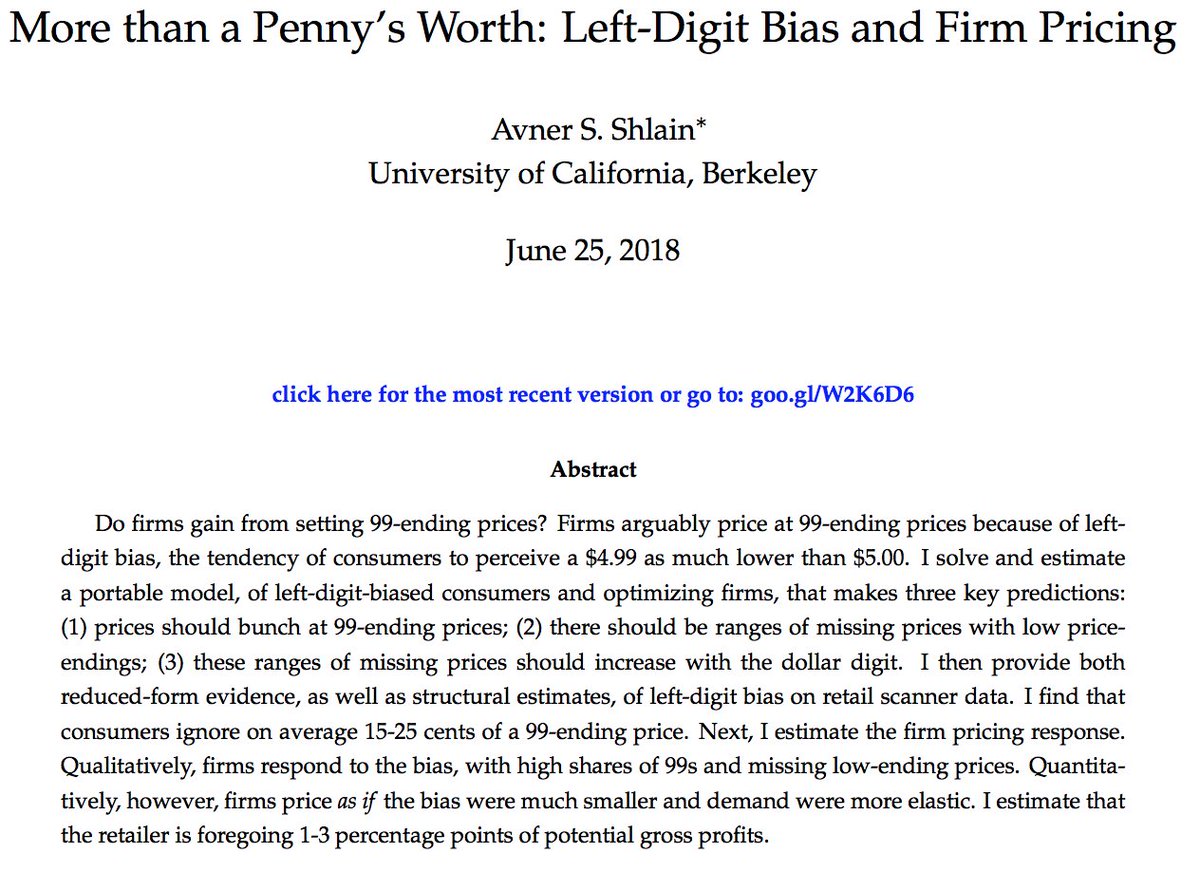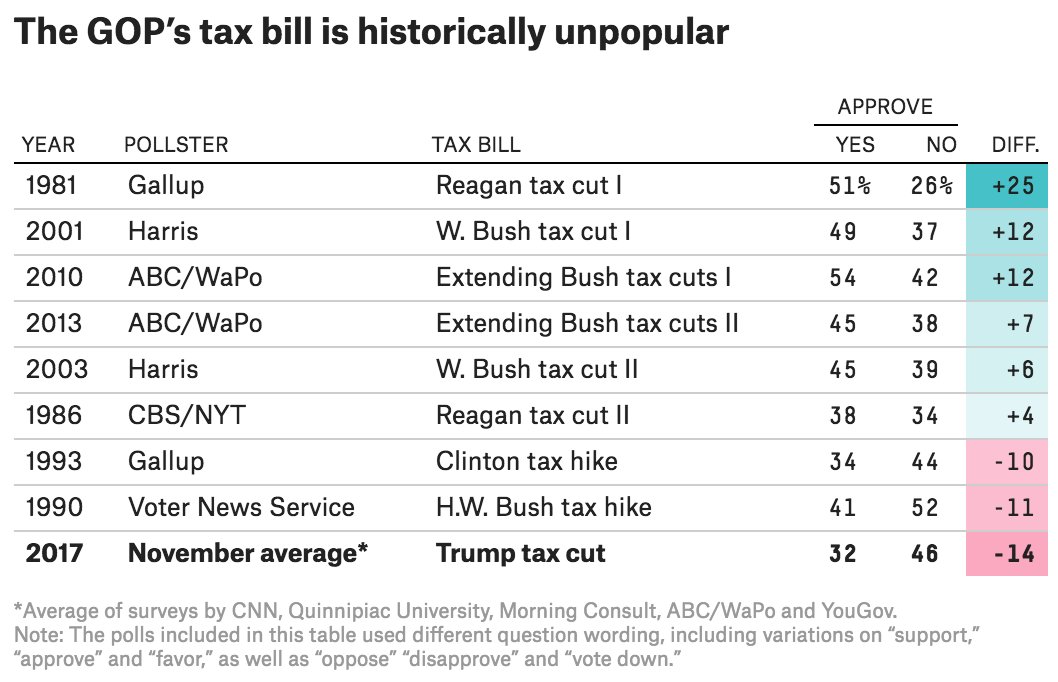Rich presented the incredibly clever paper "Timing is Everything: Evidence from College Major Decisions" with Nolan Pope and Aaron Feudo.
drive.google.com/file/d/1JeTxwy…
1/10
(1) students must declare a major in the first semester of their sophomore year
(2) the freshman and sophomore curriculum is completely fixed, and the semester that some course are taken is assigned at random
2/10
5/10
7/10
(1) Availability bias drives the initial choice: student conflate recent experience with the topic with enjoying it
(2) Status quo bias explains why students don’t change major in later semesters
8/10
9/10
washingtonpost.com/us-policy/2019…
And here is Rich's website: richardwpatterson.com
10/10













